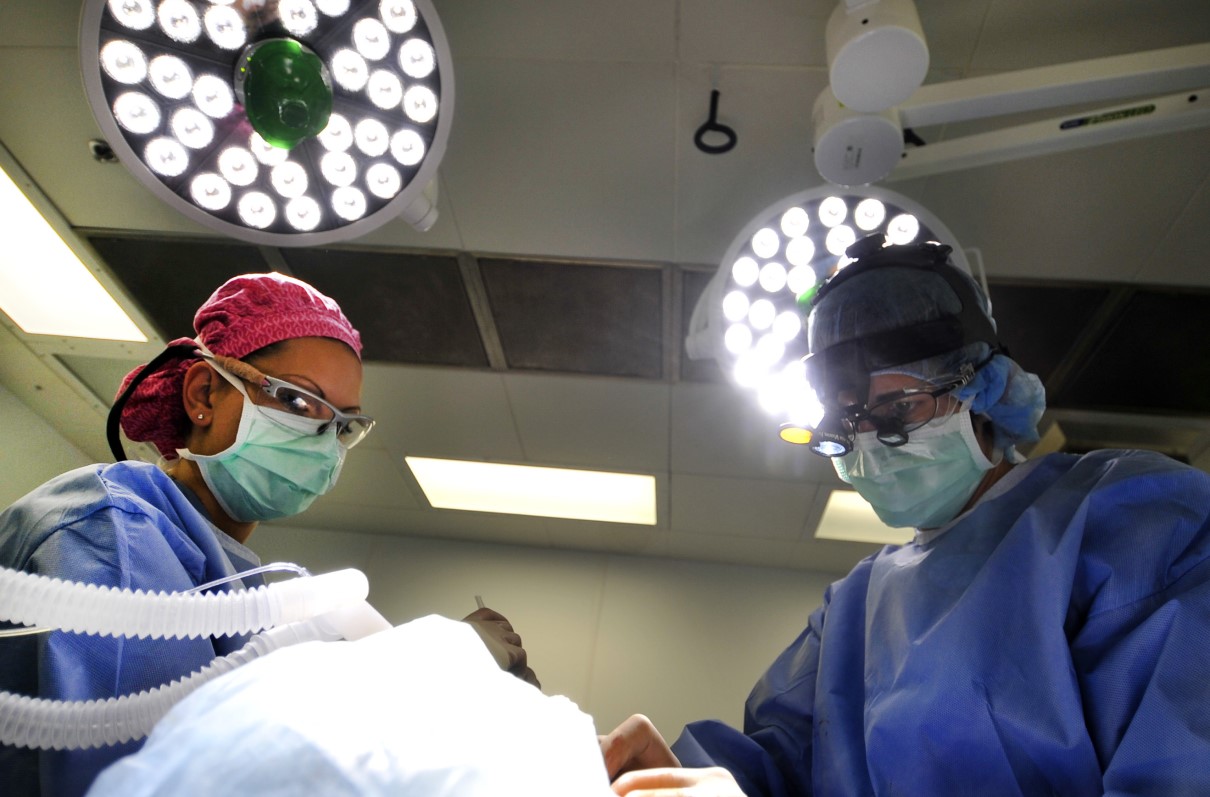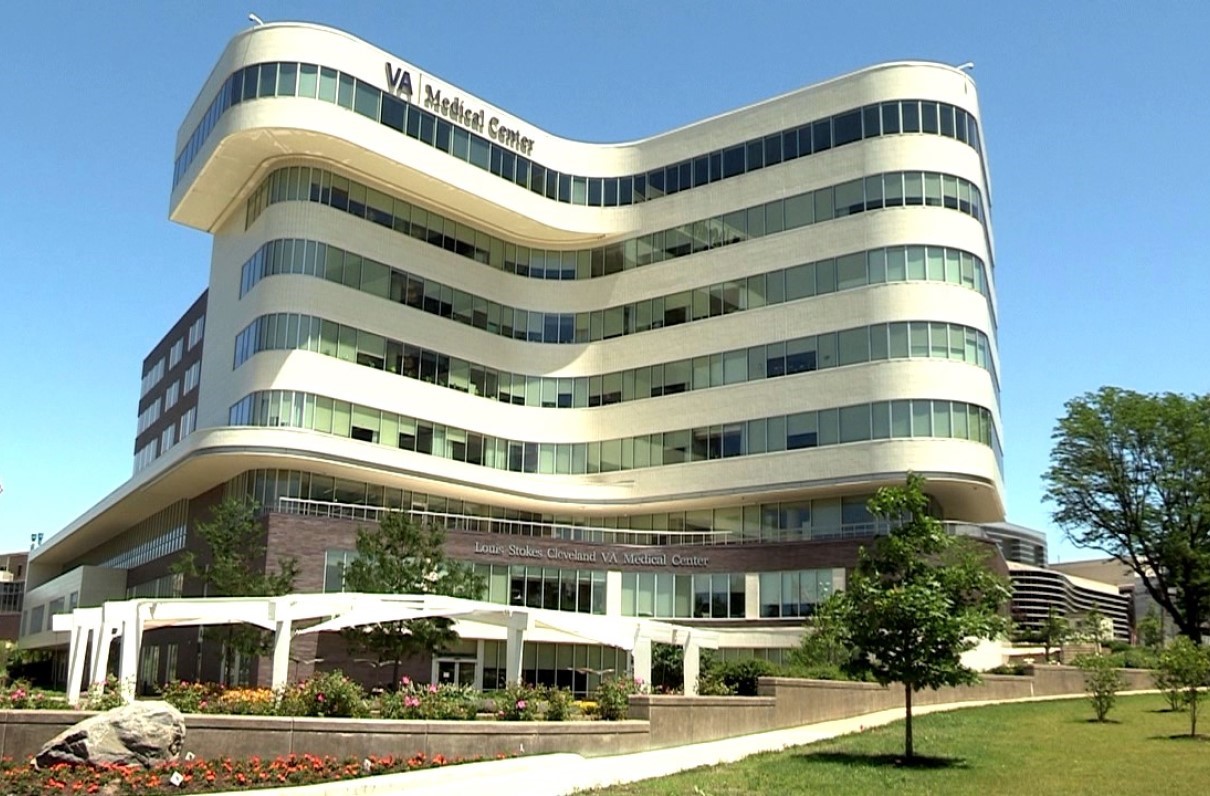This article by Patricia Kime originally appeared on Military.com, the premier resource for the military and veteran community.
Patients in the military health system whose scheduled or planned surgeries were postponed by the COVID-19 pandemic may soon be able to set up their procedures, under guidance released Thursday by the Defense Department.
Military and dental treatment facilities will begin resuming elective surgeries based on local installations' health threat levels, staffing availability and supplies of personal protective equipment, according to Thomas McCaffery, assistant secretary of defense for health affairs.
Facilities on bases at Health Protection Condition Charlie can consider resuming outpatient elective procedures, while those at HPCON Bravo will be allowed to consider performing inpatient procedures.
Active-duty service members with elective surgery needs who are preparing for deployment will have top priority, followed by those who are "integral to sustaining or rebuilding unit readiness," according to McCaffery.
[RELATED: MOAA's Storming the Hill to Preserve Your Health Care Benefit]
All others waiting for elective surgeries -- which includes a spectrum of procedures ranging from wart removal to excising of tumors -- will be prioritized based on risk to the patient and logistics at the hospital or clinic level.
Decisions also will be made based on the availability of care in the Tricare network in local communities, according to the guidance.
As of May 21, installations with some of the largest military health facilities, including the Walter Reed National Military Medical Center in Bethesda, Maryland; Naval Medical Center San Diego; and Brooke Army Medical Center at Joint Base San Antonio, were at HPCON Charlie, meaning that they are authorized to consider moving forward with outpatient elective surgeries.
According to McCaffery, the return of military treatment facilities to full-service status will be consistent with the White House's "Opening America" guidance. Facilities will continue following procedures for screening patients, practicing social distancing and hygiene and requiring protective equipment, including masks.
[RELATED: Why Was I Denied Access to VA Health Care?]
DoD facilities stopped conducting most elective surgeries by the end of March to free up staff for the national pandemic response. The move also was intended to protect the stockpile of personal protective equipment, ensuring it would be available as COVID-19 sent more Americans to hospitals.
Since the first case of COVID-19 was confirmed in the U.S. on Jan. 21, more than 1.5 million Americans have been infected and at least 93,741 have died, according to Johns Hopkins University's Coronavirus Resource Center. [Note from MOAA: Those numbers are now at nearly 1.7 million infected and more than 100,000 dead.]
At the height of the military response, more than 4,400 military medical personnel deployed for the national emergency.
As of May 20, 8,859 persons affiliated with the DoD, including 5,888 active-duty members and 1,026 dependents, have been diagnosed with the coronavirus. Two service members and five dependents have died.
In addition, 15 civilian employees and eight contractors have died.
Other articles by Military.com:
SOCOM Wants 6.5mm Sniper Weapon for Longer-Range Kills
Air Force Finally Has Plans to Test a Laser Weapon on Its AC-130J Gunship
It's Time for Veterans to Say 'Thank You for Your Service'
Protect Your TRICARE Benefits
Tell Congress to make sure servicemembers and their families get access to care they need.


